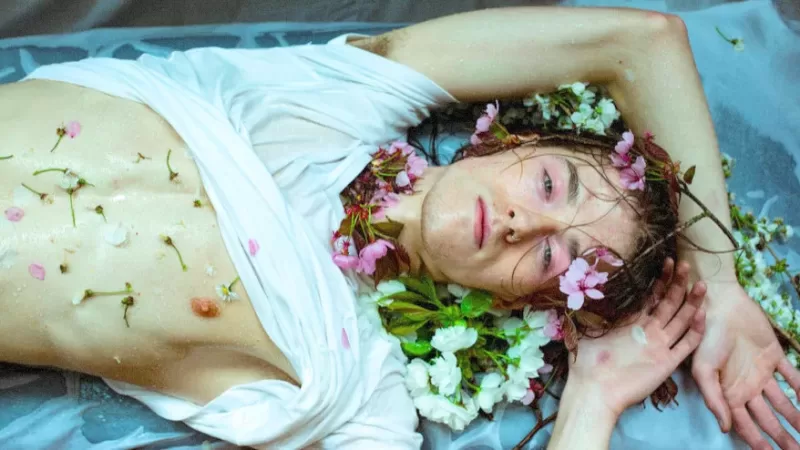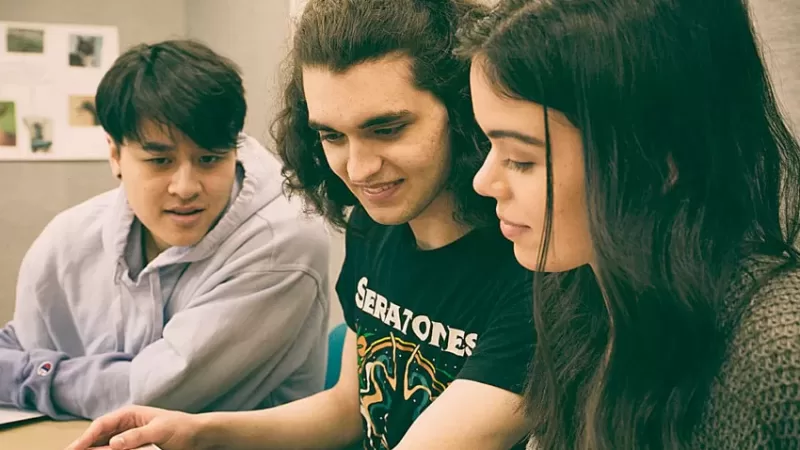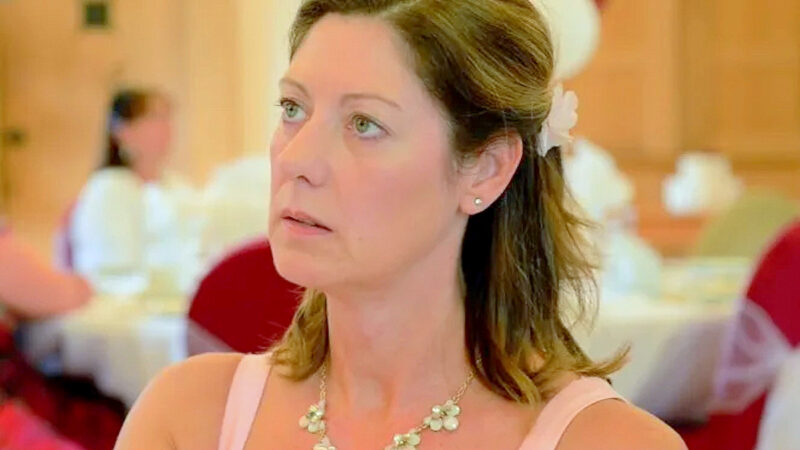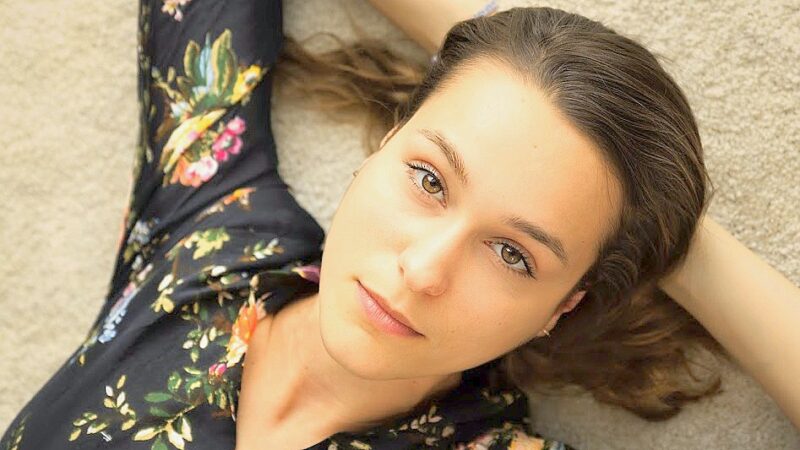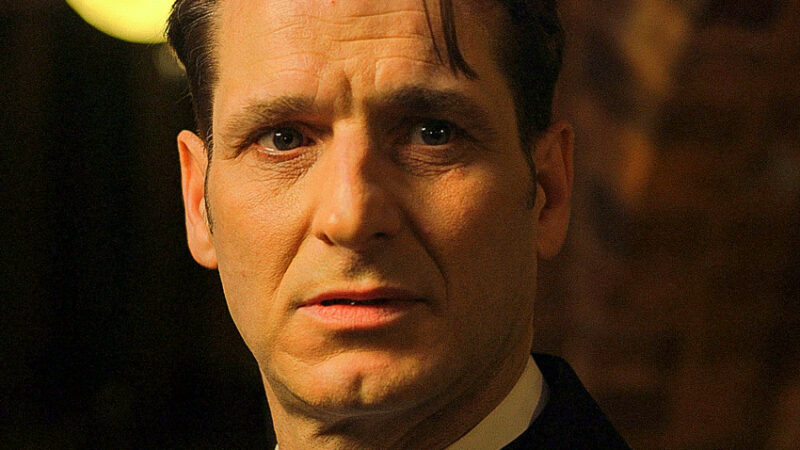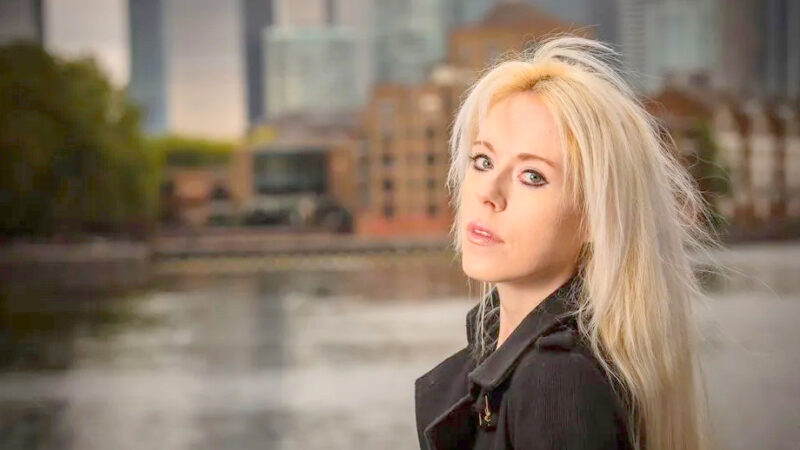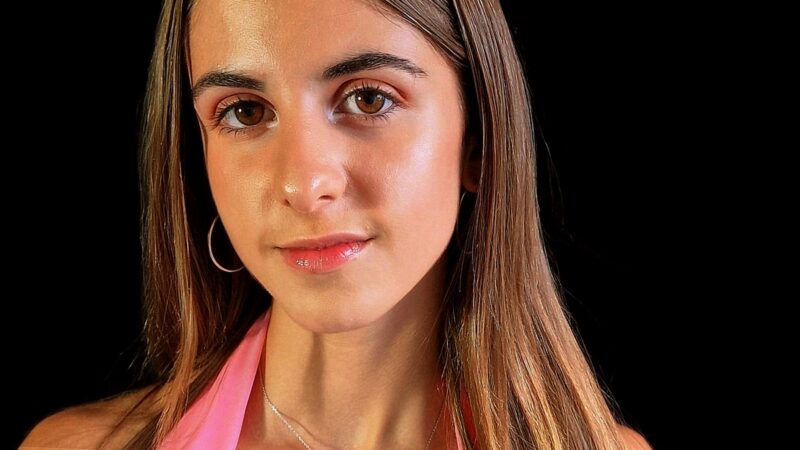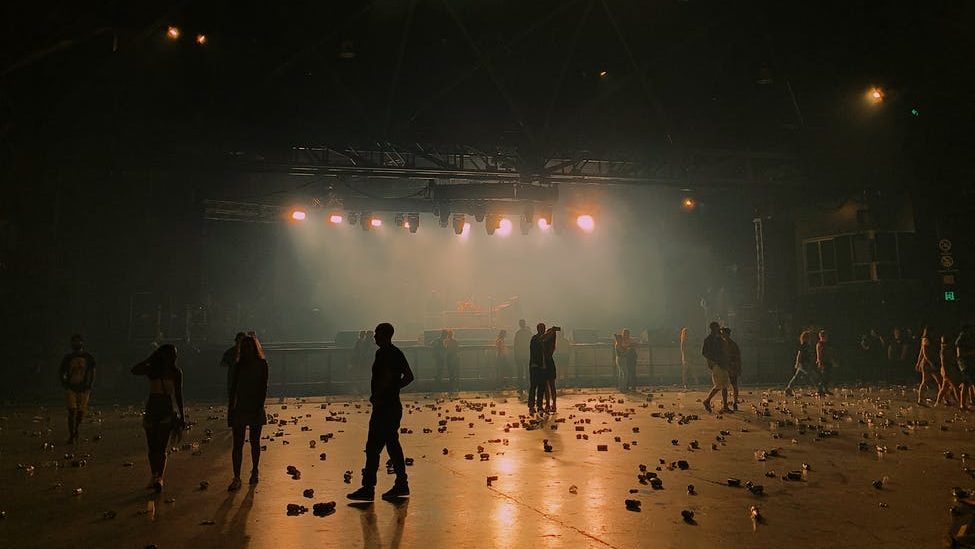
Collaboration is a key component that can either make or break the production of a film. The collaborators who drive the storytelling with the director are actors, cinematographers, and production designers. Of the three, the relationship between the director and the actors remains the most absolutely necessary. Yet, it is often a tumultuous relationship that results, and this can doom a film production.
One might argue that this happens only in low-budget films. The fact is the opposite is this case. There are many cases that abound in Hollywood big-budget film productions, where the friction between a director and his actor has gone on to negatively affect production.
A director makes 100 decisions an hour. Students ask me how you know how to make the right decision, and I say to them, ‘If you don’t know how to make the right decision, you’re not a director‘.
— George Lucas
Director, Kevin Smith said that working with Bruce Willis on the film “Cop Out” was “soul-crushing.” A second is Val Kilmer who has had problems with many directors, including “Batman Forever“ director Joel Schumacher. A third is George Clooney and David O. Russell who are said to have physically fought while filming “Three Kings“. – INSIDER

Well, things don’t generally work out exactly during production the way they had been planned. This is the reality, yet a director must thoroughly plan anyway. And that is all he can do. Because it’s the one way, he can have alternatives to work with when issues arise on a film production.
I interviewed many actors who work in independent films, their responses over the years to the question, “What do you want most from a director?”, is based mostly on lack of information, trust, creative direction, some or no communication from the director. These responses thought deductive from their past experiences from working with independent directors, are an ardent cry and eager protest to directors to learn to communicate with actors in their future productions.
“…Then there are other directors I watch and wonder why they get out of bed in the morning, because of the stunning lack of homework they do.”
— Anthony Hopkins
Hakeem Kae-Kazeem a Hollywood regular answered the question. What do you want most from a director, “I want a director that either leaves me alone as he trusts what I can bring or someone who understands actors and their process and knows how to communicate with them” Hakeem’s credits: Hotel Rwanda (2014), Pirates of the Caribbean: At World’s End (2007), 24 (2009), X-Men Origins: Wolverine (2009, Black Sails (2014-16), Mugabe (2020)
Alessandro De Marco says “I want him to be clear and tell me exactly how he/she wants me to play the scene or character. We are all there for the very same reason… deliver the best job possible.“ Alessandro credits: Rush (2013), Spy (2015), Kingsman: The Golden Circle (2017)
John Franklin an actor with over 90 credits to his name answered. “Trust. They cast me for a reason, right? So, believe that I can deliver. And be honest with me, of course. If you don’t like something, tell me and explain to me why. Also, know that if I am asking questions or making suggestions its because I have valid reasons, at least until you can show me where I might be misunderstanding something, for what I am asking about and/or suggestion. I am trying to be collaborative; to understand how I can best serve as one of the many tools the director has onset.”

So, how does a director work seamlessly with an actor? Or how can an actor collaborate with a director? Here is an answer from Tom Shafer says, “I had the great fortune of being directed by J.J. Abrams in ‘Super 8’ a few years ago. The thing I appreciated the most was that he was able to fine-tune our performances once he saw how a scene was coming together. It felt like he was guiding without micro-managing. That takes great communication skills“.
Actors complain that directors don’t know what they want, and directors think that they have a pretty good idea of how they want the film to look. The problem is that directors don’t know how to prepare. Amidst the many demands of preparing for a production, the one thing directors don’t properly prepare for is “how to work with actors“. How does a director translate a vision in his visual language into the emotional language that the actor speaks? Obviously, the two don’t speak the same language.
“I think that if you have a talent for acting, it is the talent for listening”
— Morgan Freeman
One tip I can offer is a good director will make sure that his actors are listening to one another. According to Mike O’keefe, “acting is a lot like meditation and listening is not an act“.
As an independent filmmaker it is key you keep in mind that you must be able to carry your actors along, not leave them behind. Communicating with actors is as much a skill as it is writing a screenplay, or setting up a shot or lighting a set. In fact, the success of your production depends on the relationship you have with your actors. Sometimes as an experienced director, 90% of your work is done during casting. And if you are a greenhorn filmmaker, and don’t have the money to hire a cast, and you have to work with your friends, or family, you should learn how to communicate as a basic skill and then move on to learn to talk to actors and make certain they understand your vision.
What do you think of “Directors Block: What to do when your actors don’t understand your vision“? What ideas did you get? Do you have any suggestions? Or did it help you? Let’s have your comments below and/or on Facebook or Instagram! Or join me on Twitter @oladapobamidele
Jack Roper Joins Cast of Bruno Pischiutta’s Mega-Film Project, The Trilogy
British Actor Jack Roper joins Stephanie Tripp, Seven Grant, and Cristina Perez
The Exploding Boy by Monty Wolfe. The Micro-Budget Queer Coming Of Age Comedy
Monty Wolfe delivers an up-beat alternative to reboots, remakes, and sequels.
12 Year Old Actress, Sofia Carvalho: Emerges with a Bright Career Ahead
By Bruno Pischiutta

